GLP-1 medications are everywhere right now—and for good reason. They’ve transformed how we manage metabolic conditions, blood sugar, and weight. But what if you’re simply looking to support your body as it ages—gently, sustainably, and with science on your side?
That’s where microdosing GLP-1 comes in.
At Alan Health, our mission is to support your everyday vitality, clarity, and long-term health. Our low-dose GLP-1 protocols are designed for people interested in longevity, cognitive function, and better energy—not crash diets or extreme interventions.
Let’s dive into what GLP-1 microdosing is, why it matters, and how to choose the version that’s right for your wellness goals.
What is GLP-1?
GLP-1 (glucagon-like peptide-1) is a hormone your body naturally produces in response to food. It helps regulate blood sugar, slows digestion, and affects appetite—but it also plays important roles in the brain, cardiovascular system, immune response, and even cellular repair.
At higher doses, GLP-1 medications are approved to treat diabetes and obesity. But researchers are discovering that lower doses—what we call “microdoses”—can provide benefits beyond the scale.
What does “Microdosing” GLP-1 Mean?
Microdosing means taking a lower-than-standard dose of a GLP-1 medication to activate its broader health effects while minimizing side effects like nausea or fatigue.
Microdosing GLP-1 is may support:
- Healthy aging and longevity
- Cognitive clarity and focus
- Smoother energy and metabolic flexibility
- Reduced low-grade inflammation
- Cardiovascular support and cellular resilience
Oral vs. Injectable Microdosing: What’s the Difference?
Alan Health offers GLP-1 microdosing in two convenient formats:
- Oral drops: Taken daily under the tongue, needle-free, and shelf-stable.
- Injectables: Typically taken weekly and requires refrigeration.
Both are effective, and the choice depends on your lifestyle, preferences, and wellness goals. Your Alan Health provider can help you decide.
Explore Microdosing GLP-1 options here.
What Does the Science Say?
While GLP-1 receptor agonists have been extensively studied for blood sugar and weight control, new research highlights their broader effects—especially at lower doses:
Cognitive Function & Brain Health
A 2021 study published in Life Sciences found that GLP-1 medication reduced both systemic and central nervous system inflammation in a rodent model. These findings suggest GLP-1 medications may have neuroprotective properties, potentially slowing or preventing cognitive decline. The study also linked GLP-1 medicaiton to a reduction in oxidative stress, which is closely tied to aging and neurodegeneration.
Brain Health
A 2021 preclinical study found that GLP-1 medication reduced inflammation in both the brain and body. These neuroprotective effects may help guard against oxidative stress and age-related cognitive decline.
Heart Protection
In large-scale clinical trials like LEADER, GLP-1s were shown to lower the risk of heart attack, stroke, and cardiovascular death. Researchers point to improvements in blood pressure, lipid profiles, and vascular inflammation as key contributors.
Lower Inflammation, Stronger Cells
Chronic, low-grade inflammation is a driver of aging. GLP-1s reduce inflammatory markers like CRP and IL-6. Recent studies also show they help preserve mitochondrial function, which powers cells and defends against oxidative damage.
Metabolic Resilience
Even without diabetes, many people experience post-meal crashes, cravings, or metabolic sluggishness. GLP-1s help regulate blood sugar, improve insulin sensitivity, and support steadier energy levels throughout the day.
Gut-Brain Connection
Emerging science suggests GLP-1s may enhance gut motility, microbial diversity, and hormone signaling—key elements in mood, cognition, and immune response.
Who Should Consider Microdosing GLP-1?
You may want to explore microdosing if you’re:
- Focused on longevity and healthy aging
- Looking to support mood, clarity, and energy
- Interested in a gentle, medical-grade wellness protocol
Final Thoughts
At Alan, we believe in tools that work with your biology—not against it. GLP-1 microdosing is a science-backed way to support wellness, with a focus on balance and sustainability.
Explore Microdosing GLP-1 options here or chat with your Alan Health provider to learn whether microdosing is right for you directly in your portal!
References:
Cell Metabolism (2024). Brain metabolism and age-related neurodegeneration
Biomedicines (2024). Neuroprotective effects of dietary factors
IBRO Neuroscience Reports (2024). Nutritional influences on brain function
Nutrients (2024). Diet–microbiome interactions and systemic health
The Lancet Diabetes & Endocrinology (2024). Lifestyle factors and cardiovascular risk
Life Sciences (2020). Anti-inflammatory properties of dietary polyphenols
Journal of Inflammation Research (2024). Molecular targets for inflammation control
Cell Metabolism (2023). Cellular energetics and metabolic adaptation
American College of Cardiology (2016). LEADER trial: Cardiovascular outcomes with liraglutide
JAMA Network Open (2022). Diet quality and metabolic outcomes
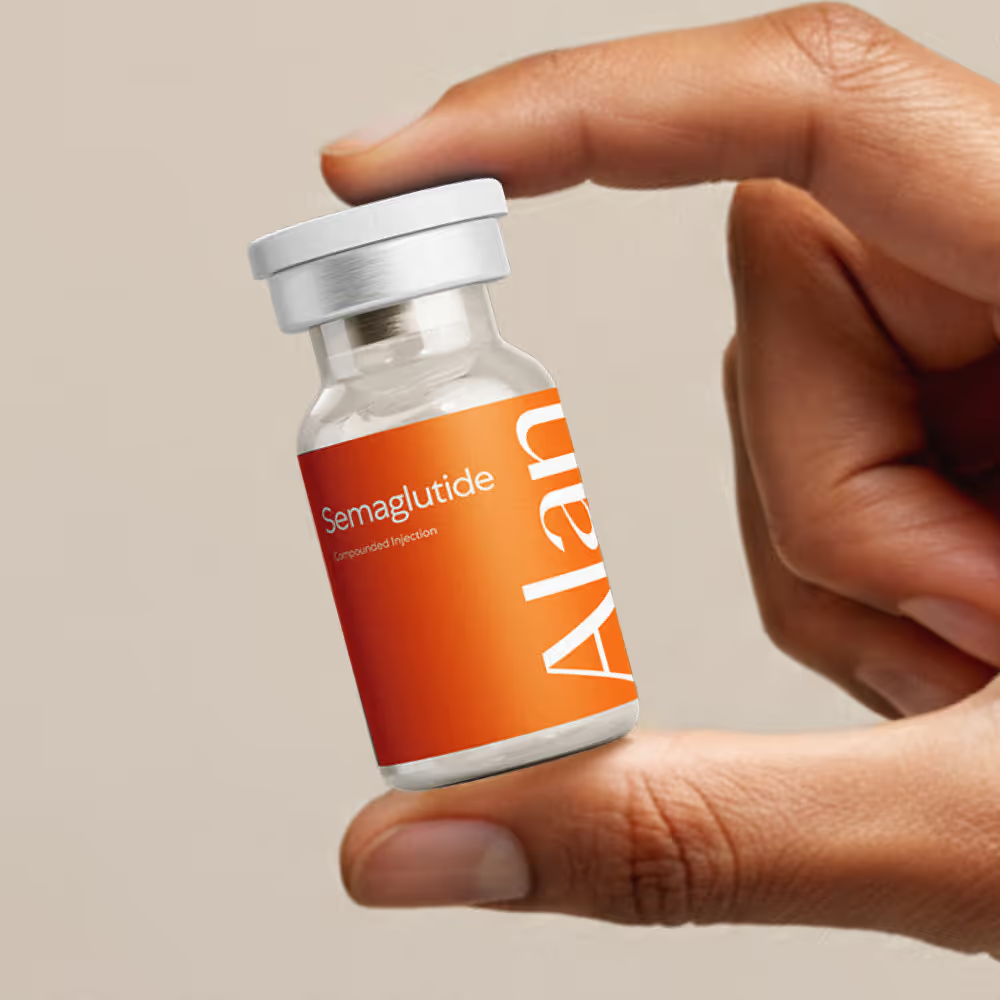

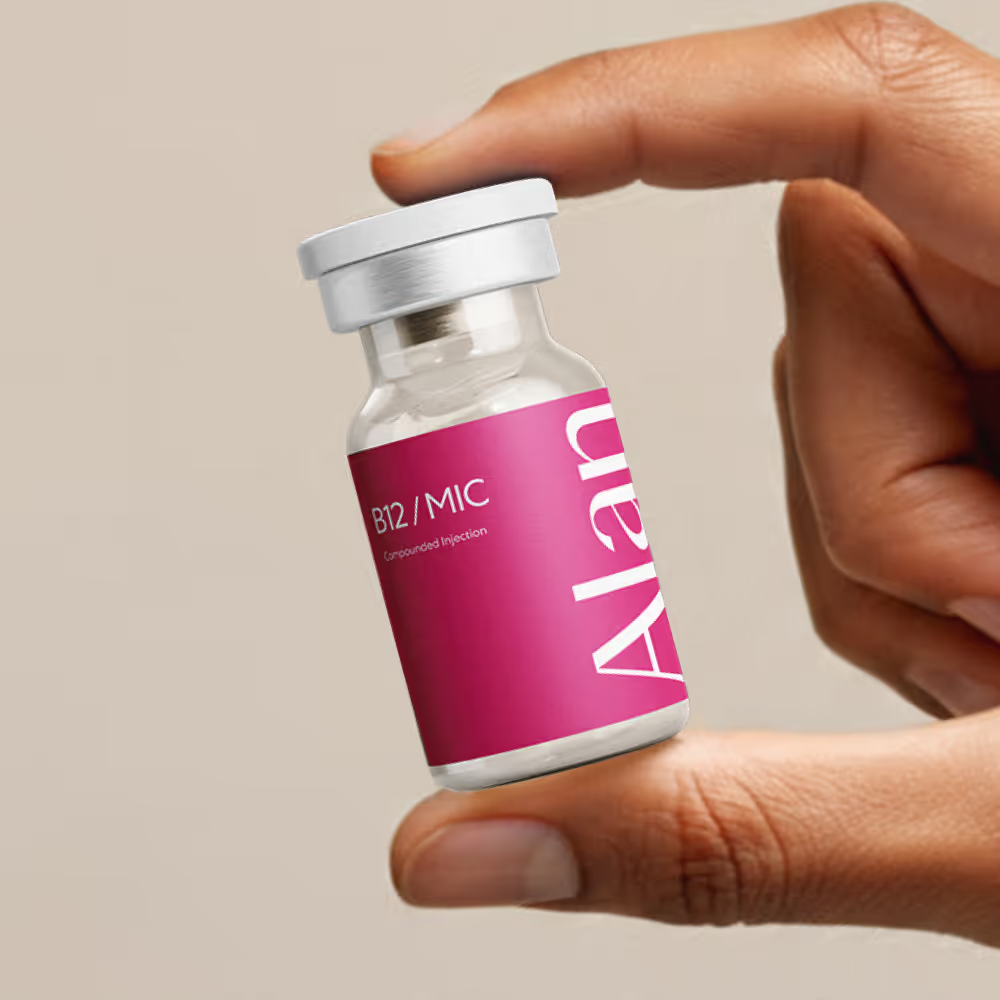

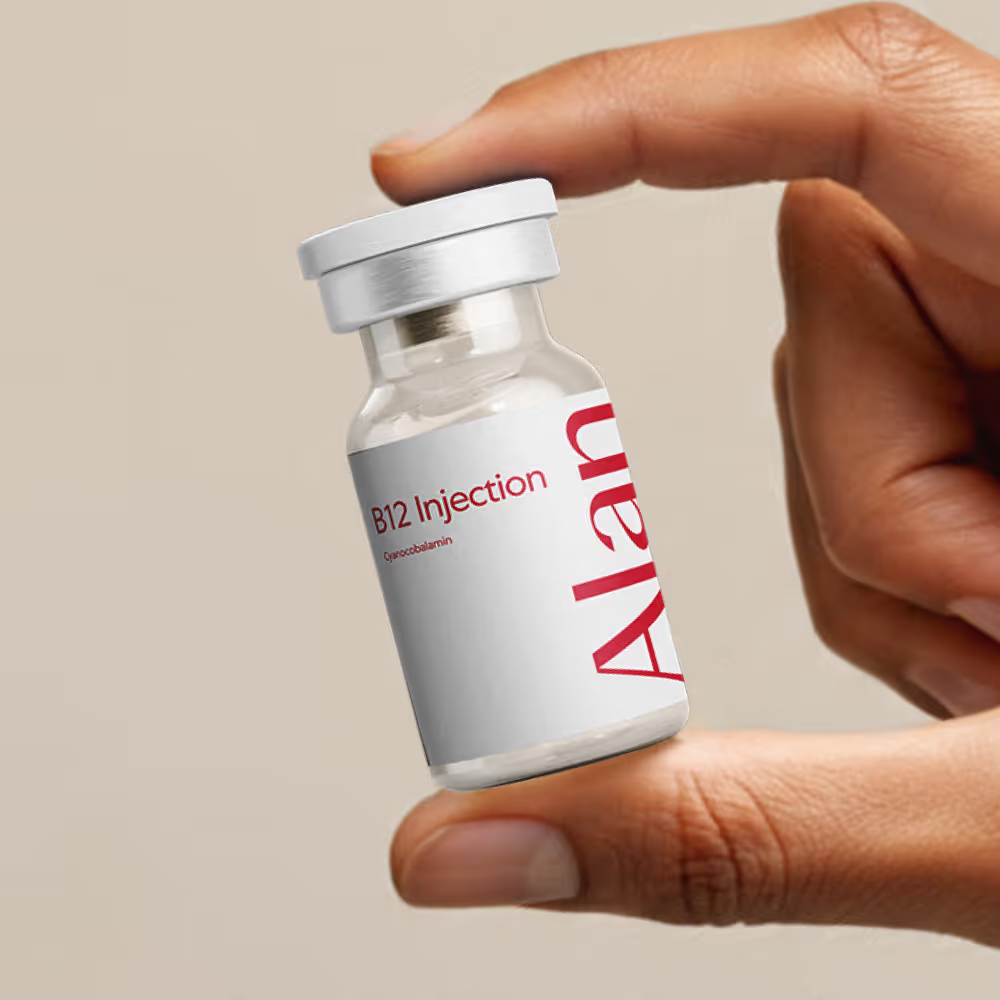

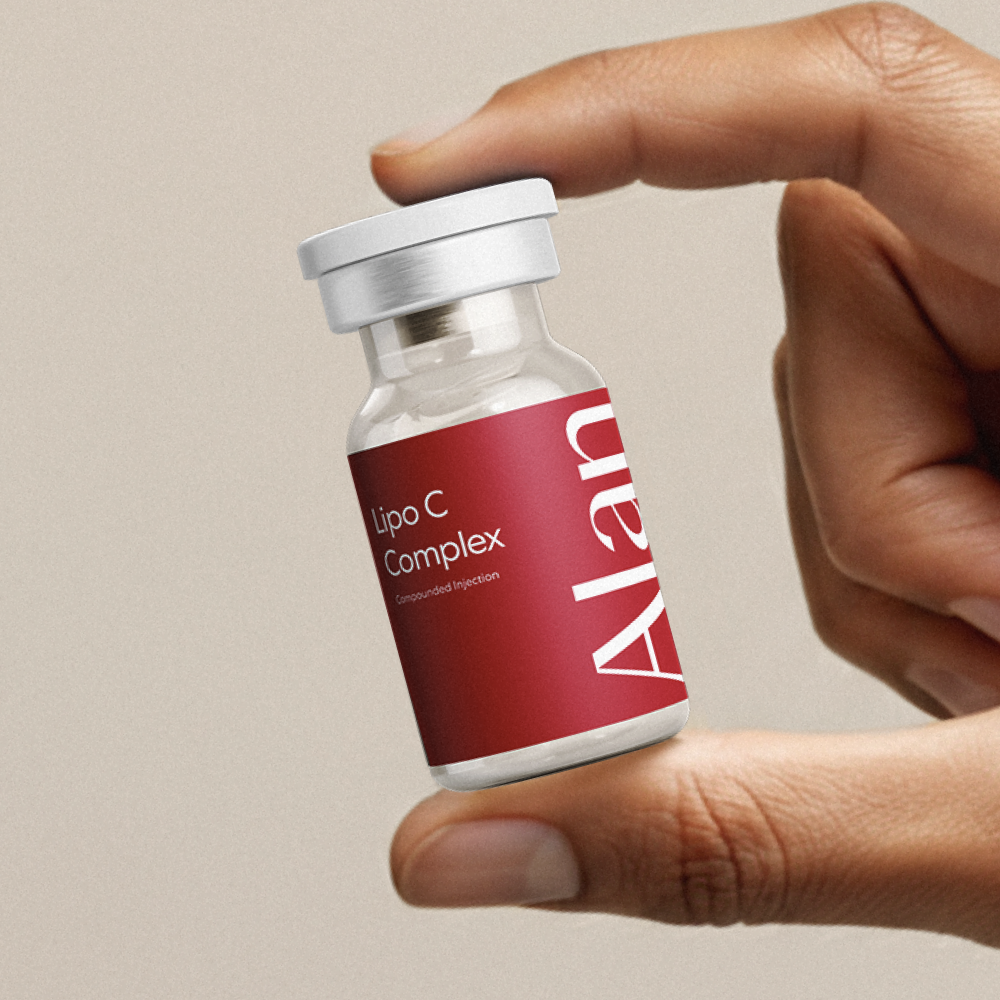

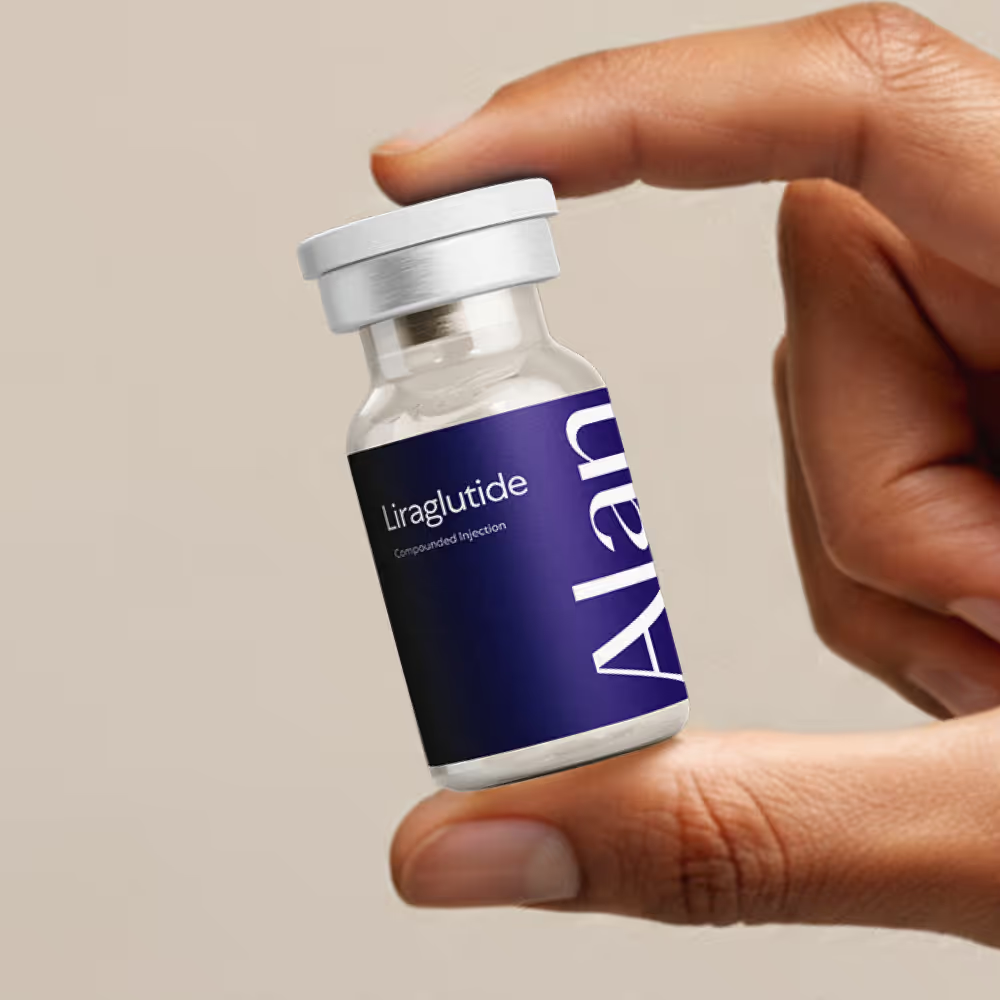

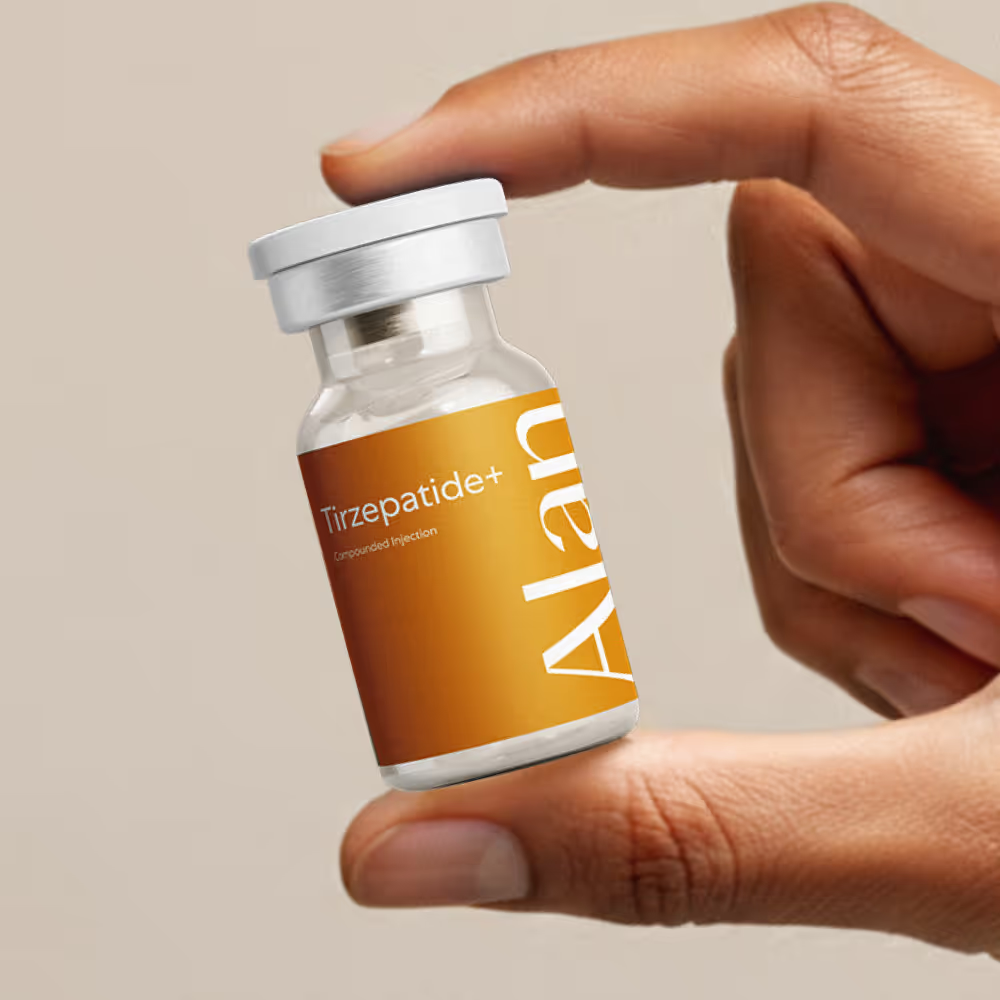





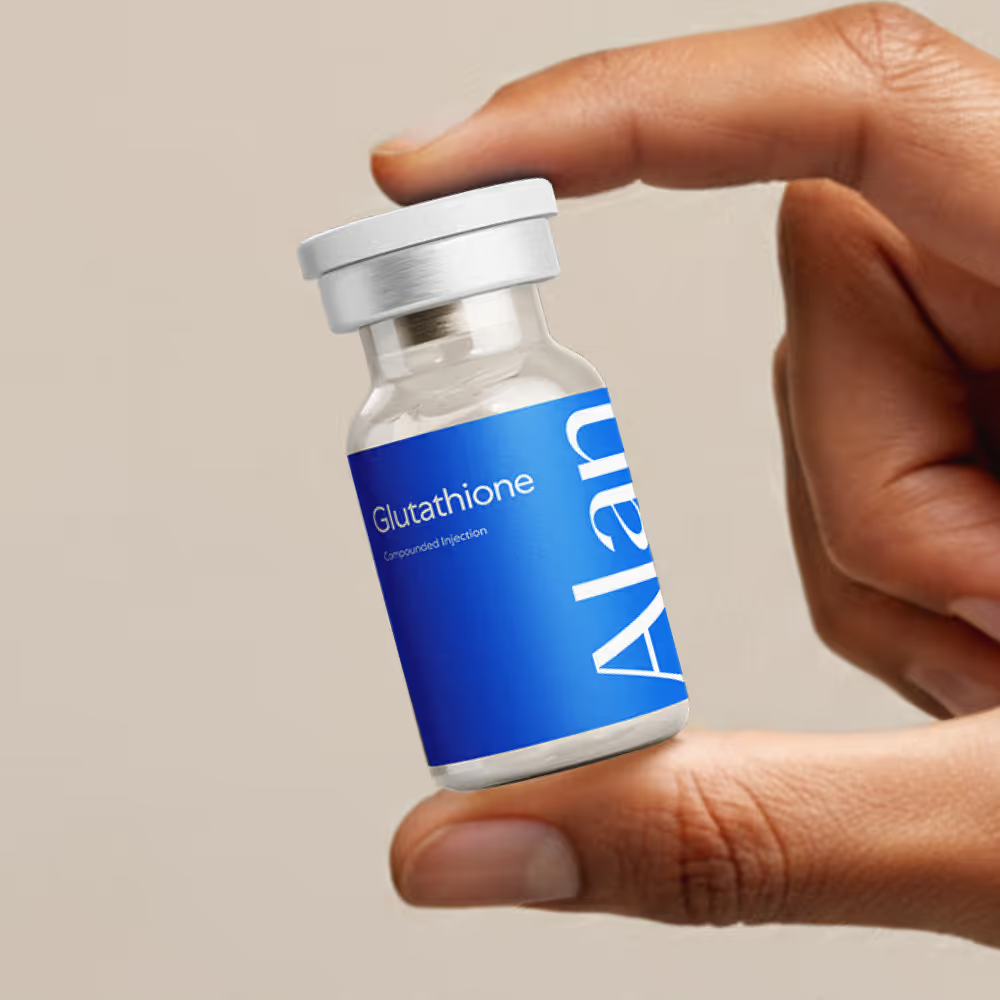

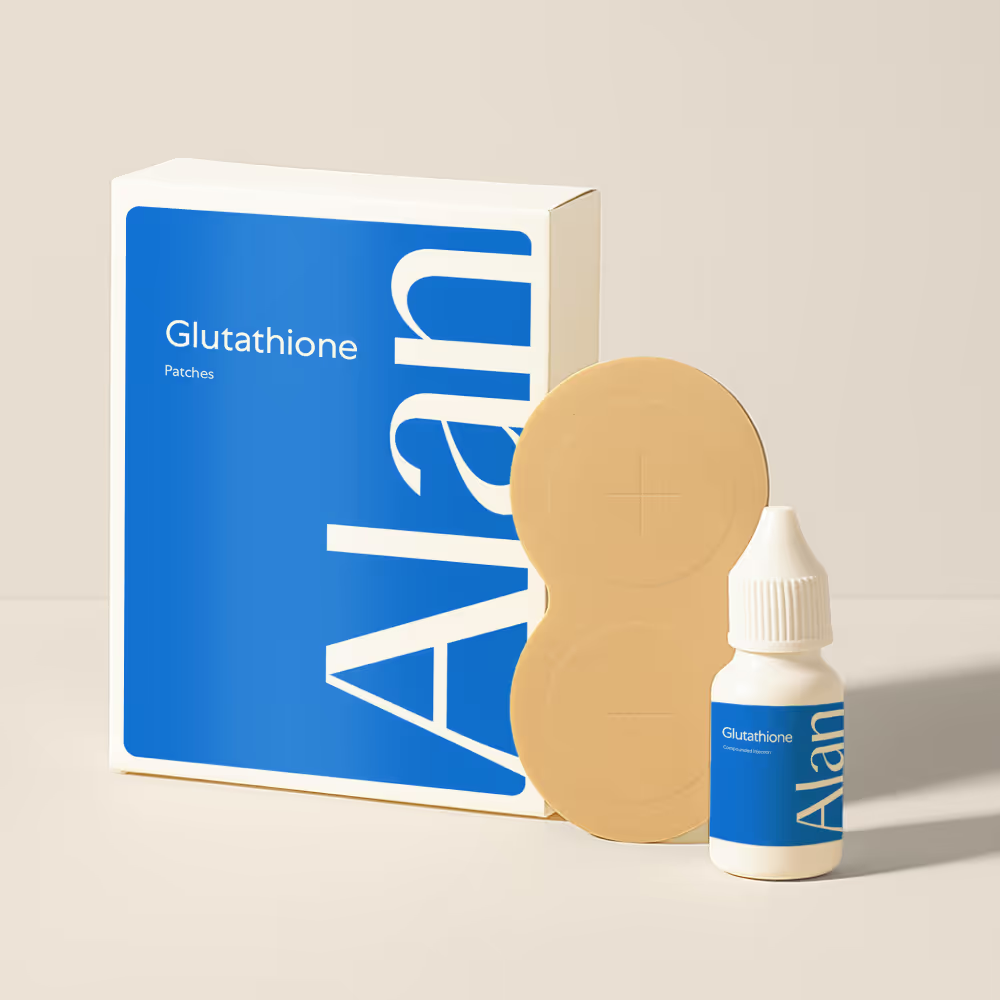

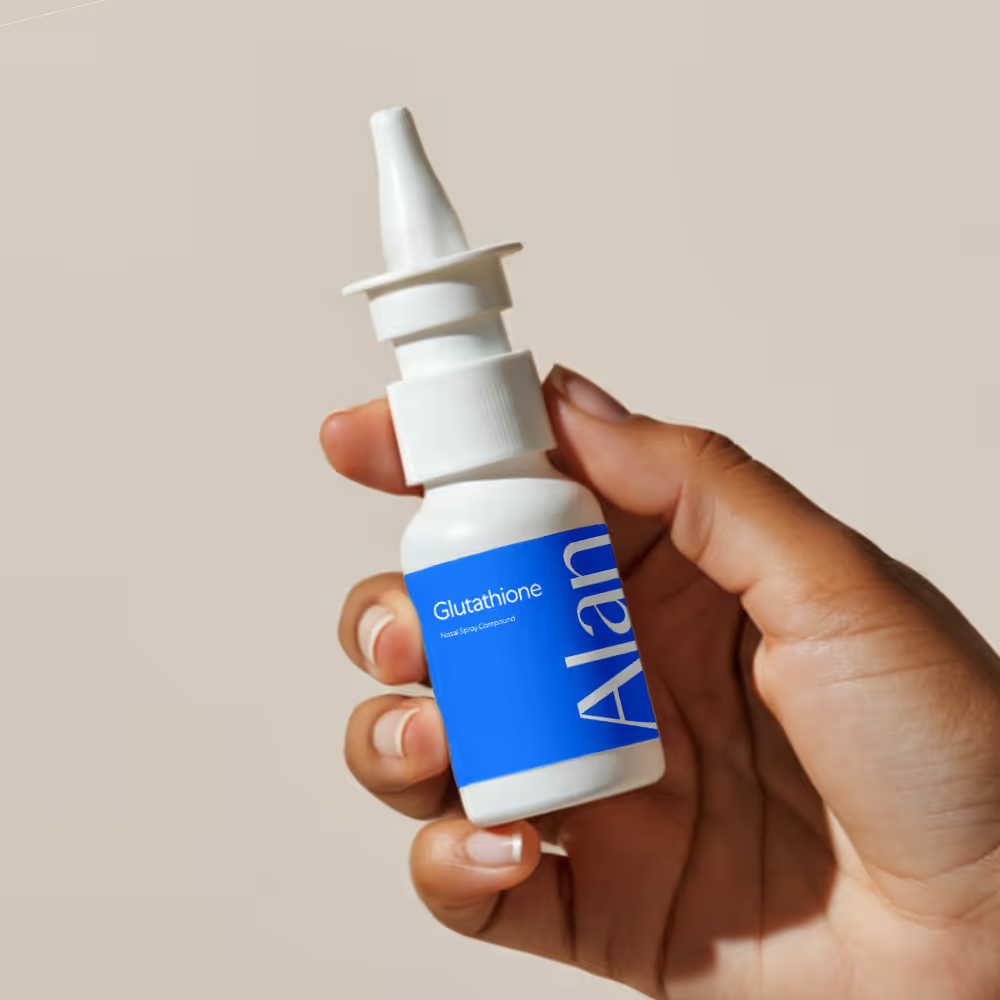

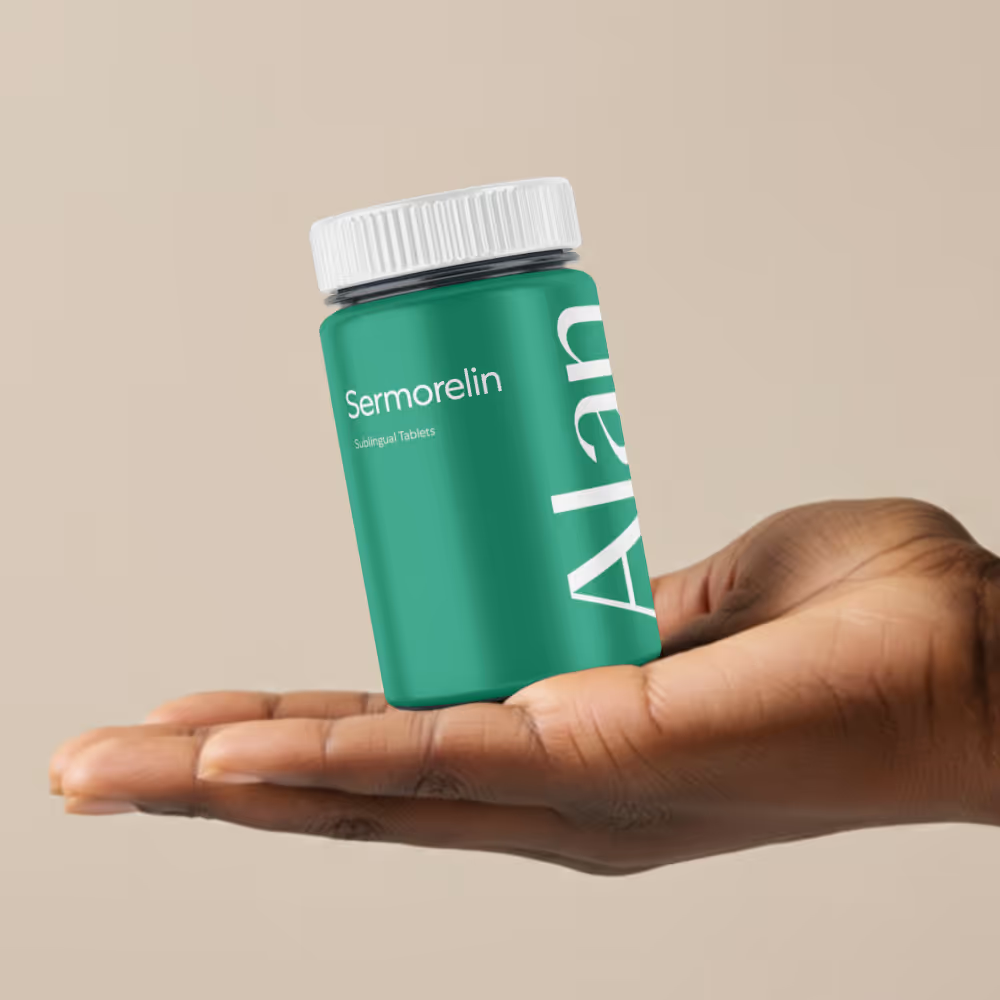

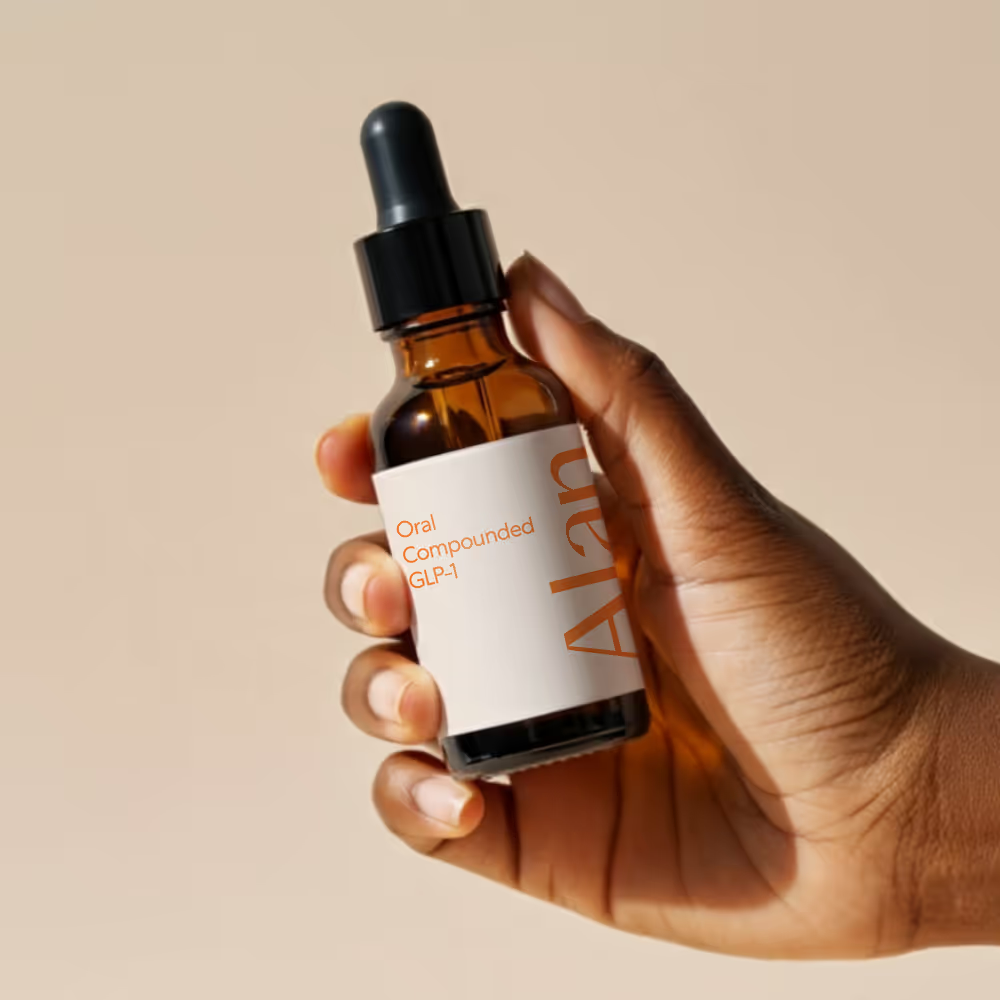



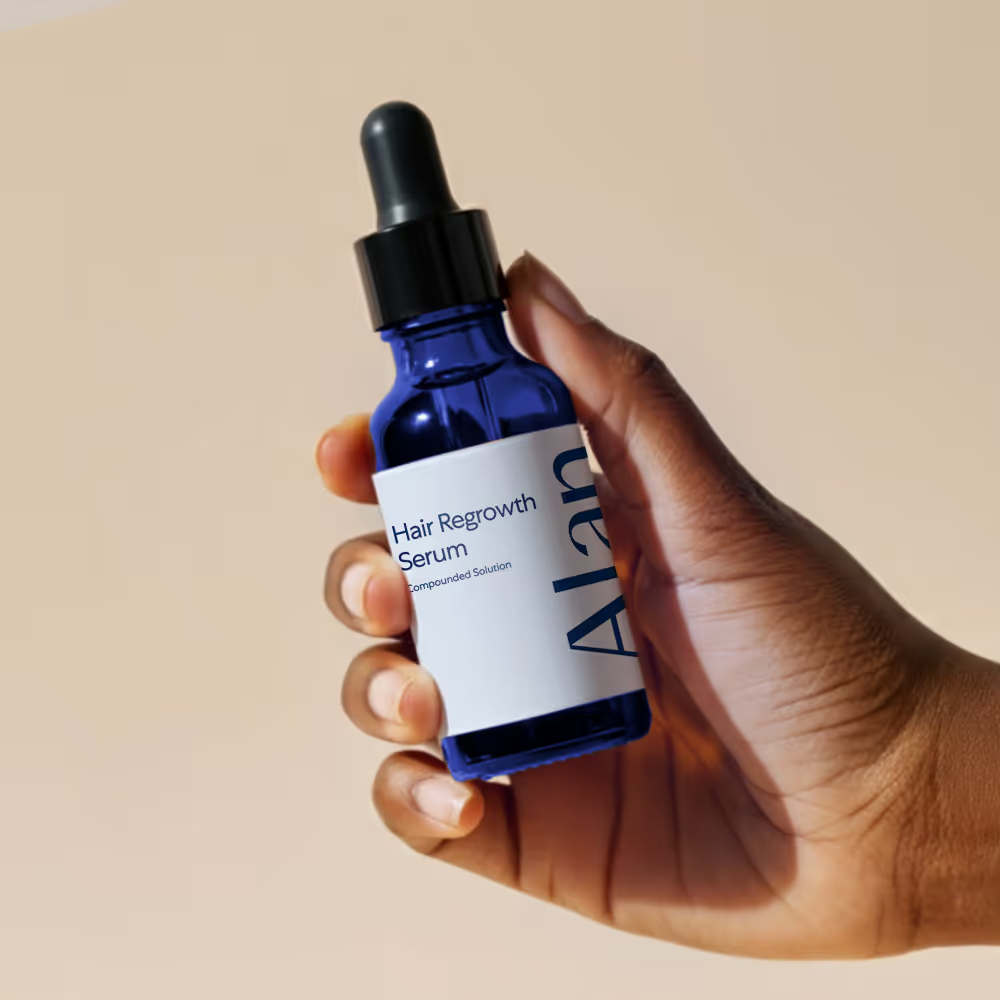

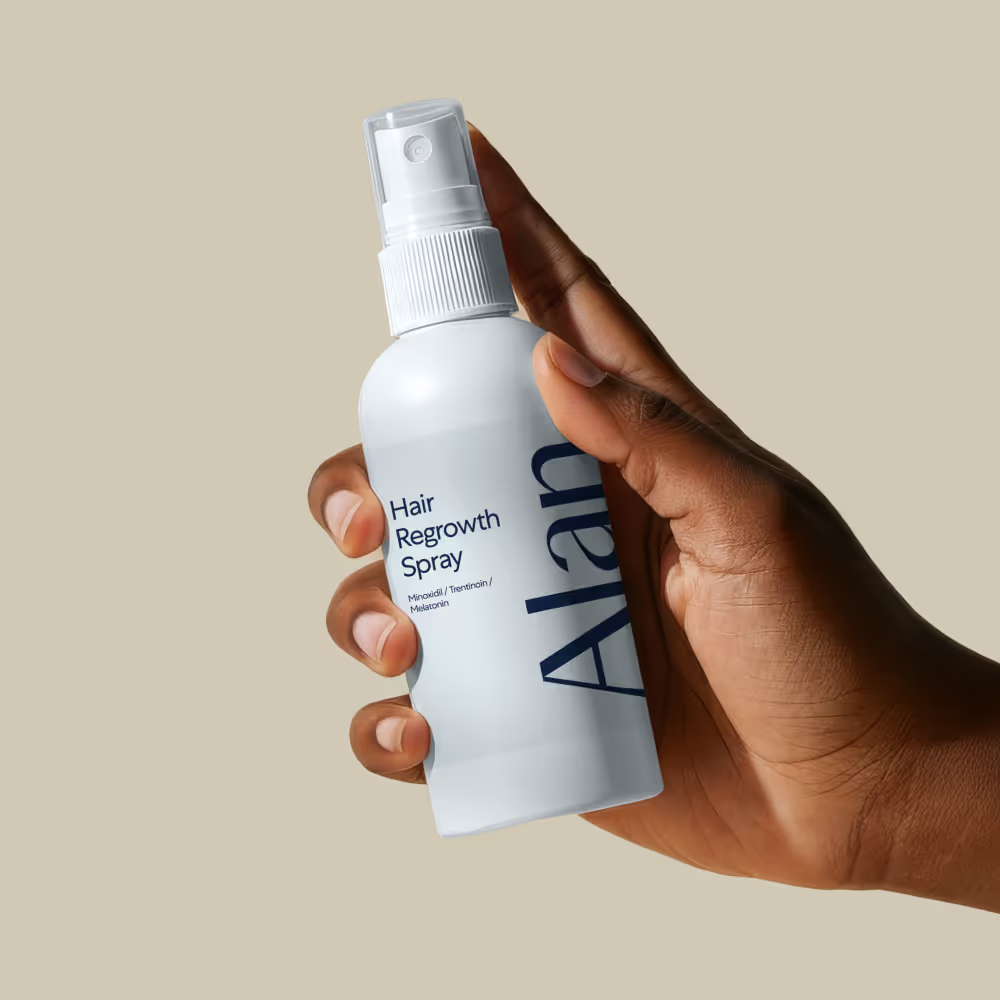

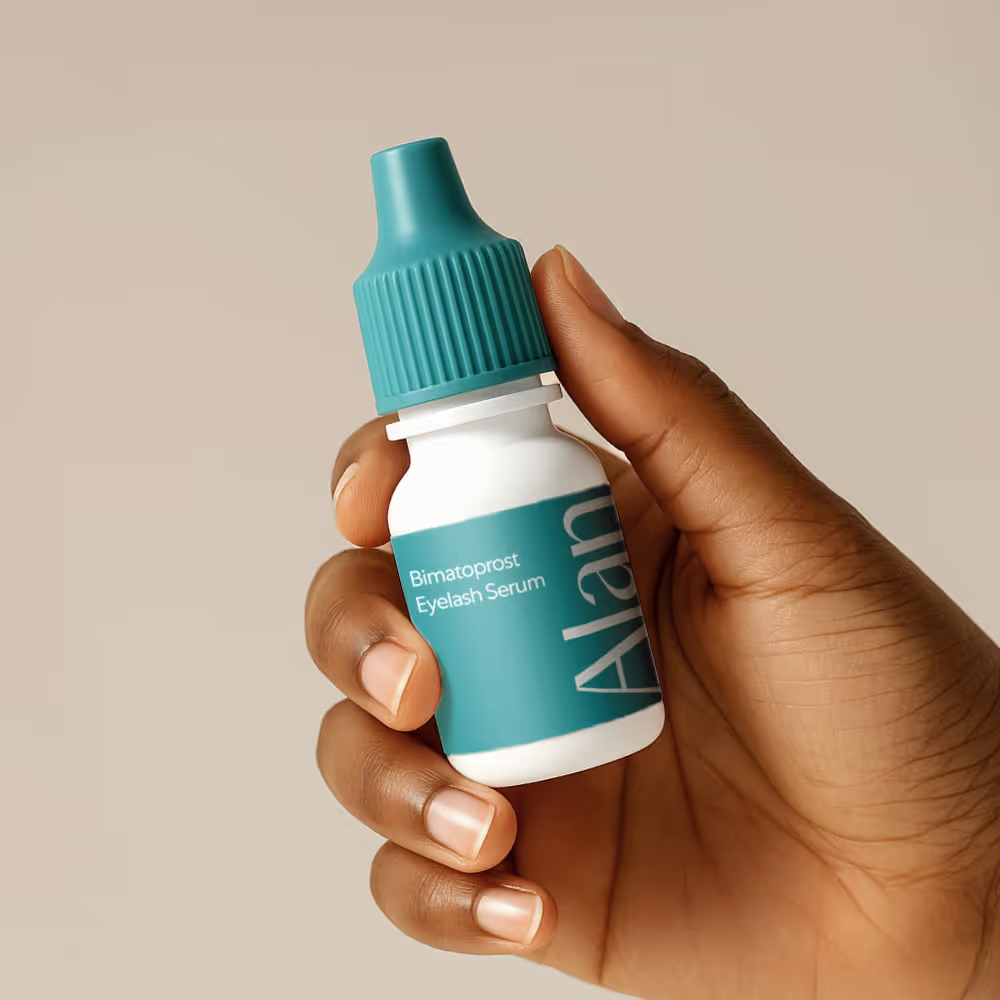



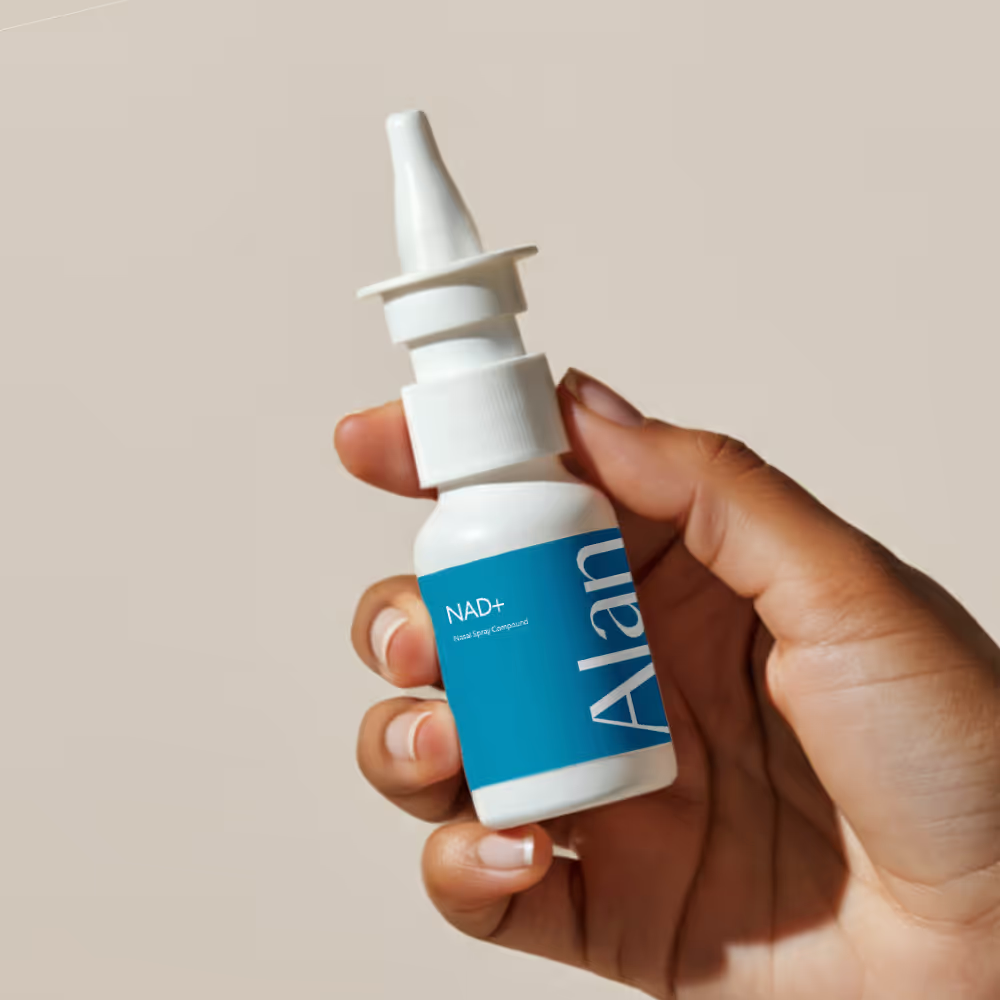

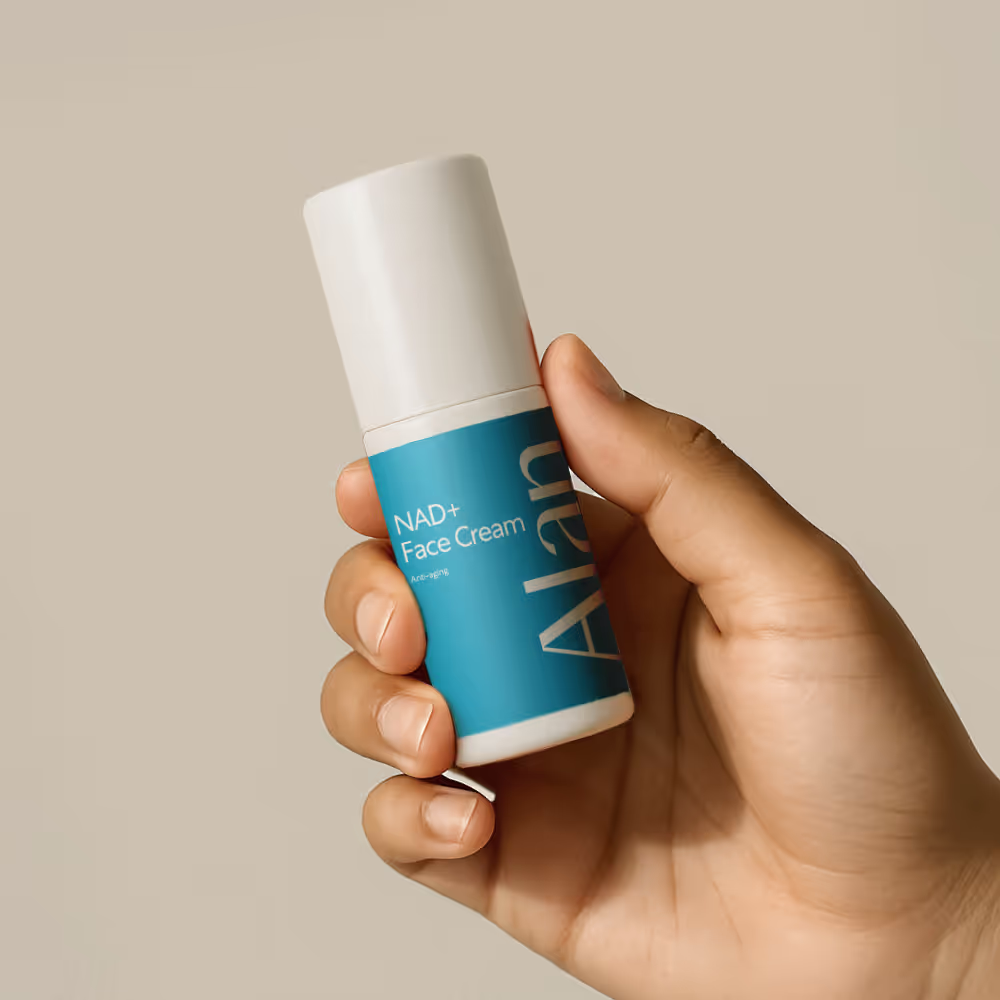

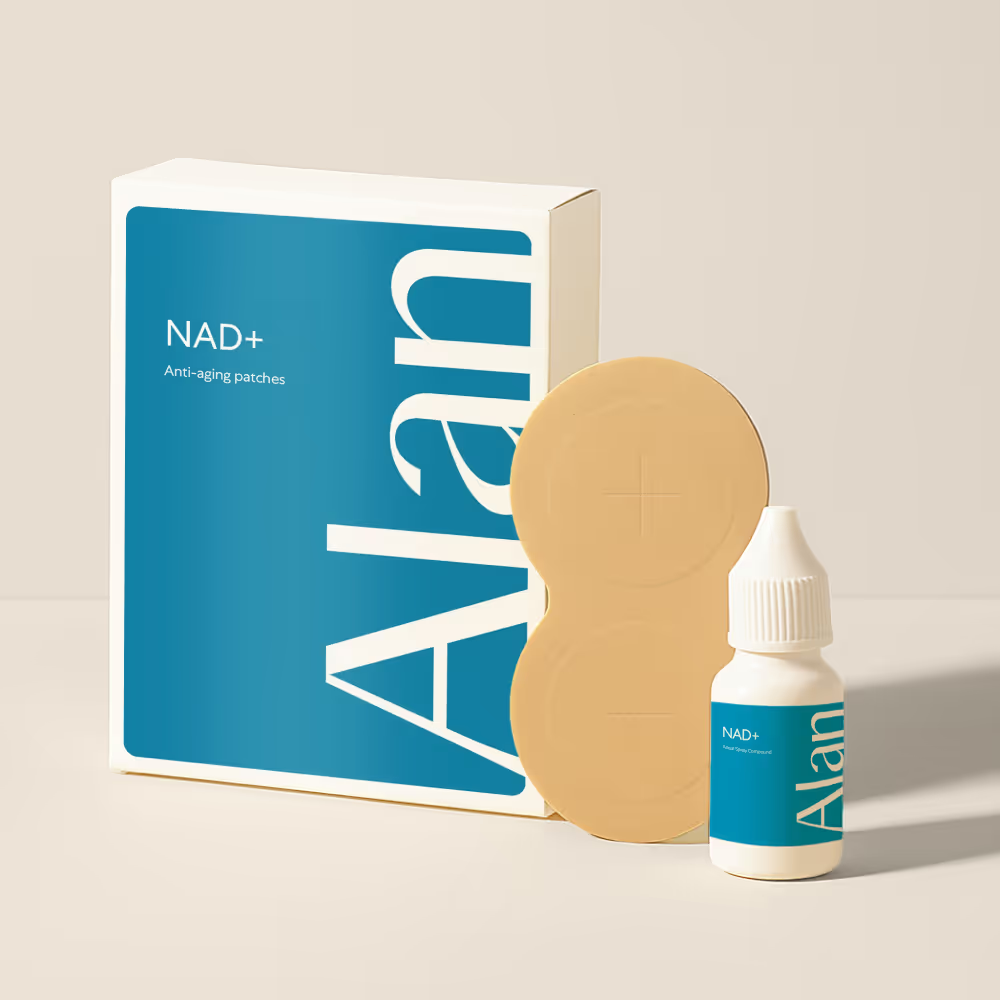

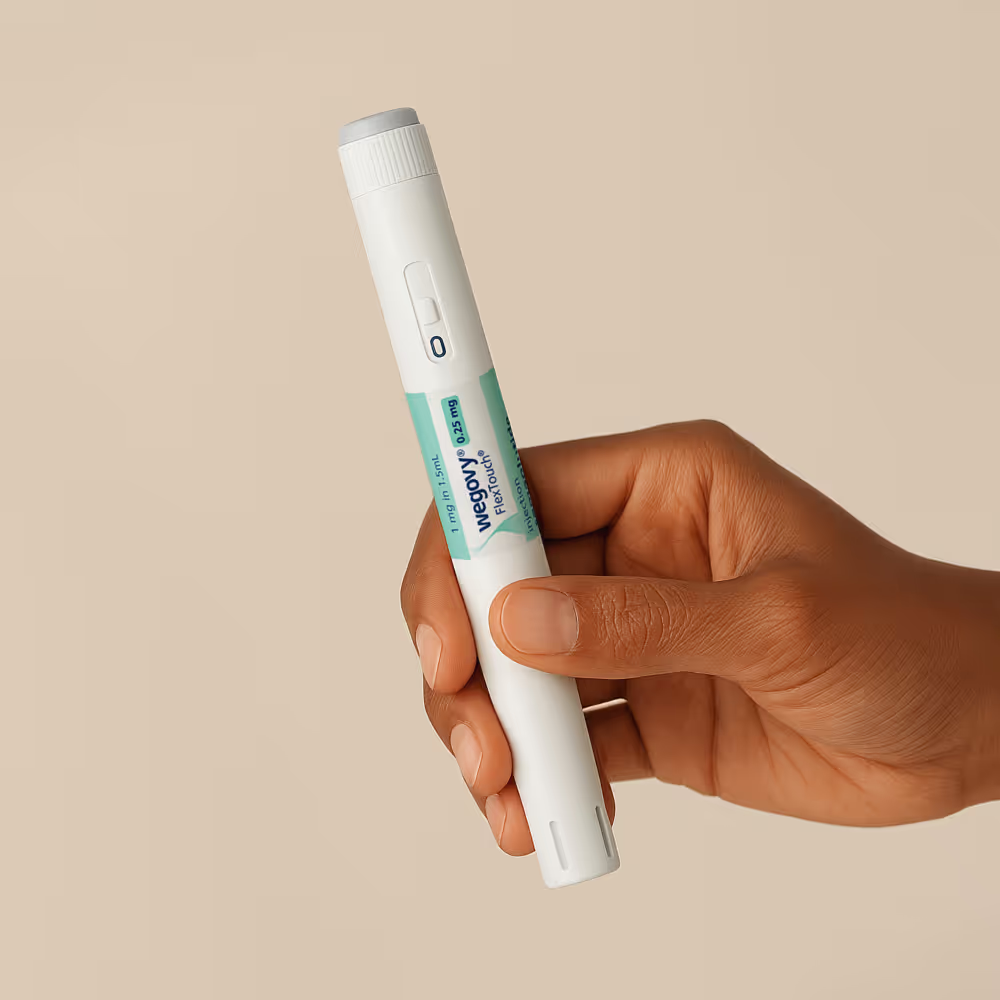

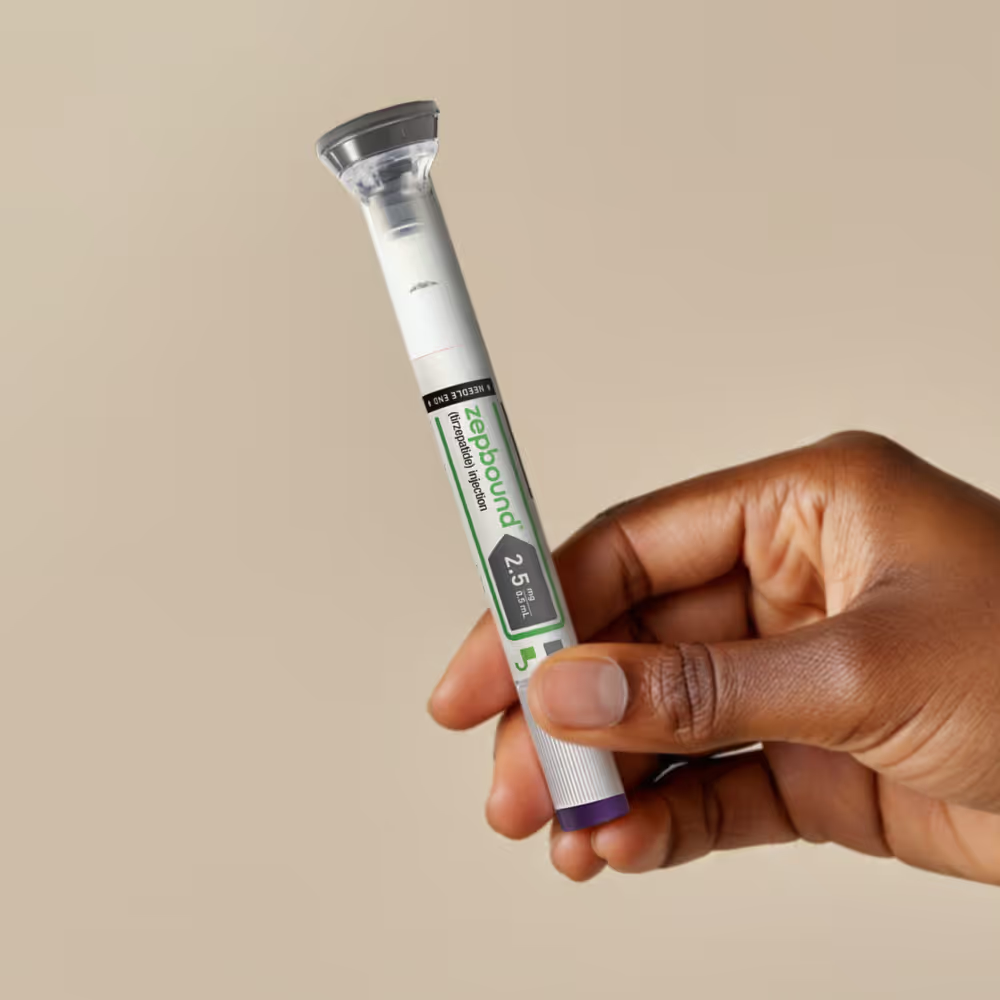

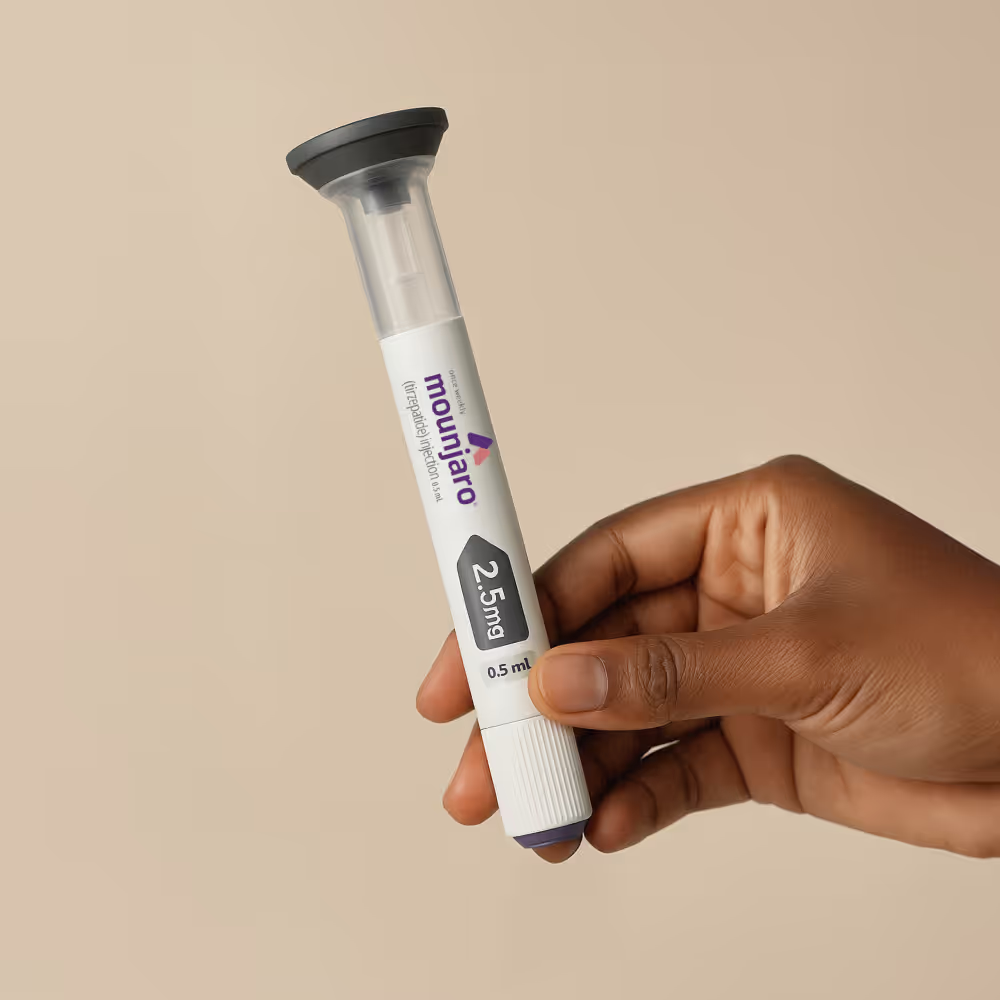

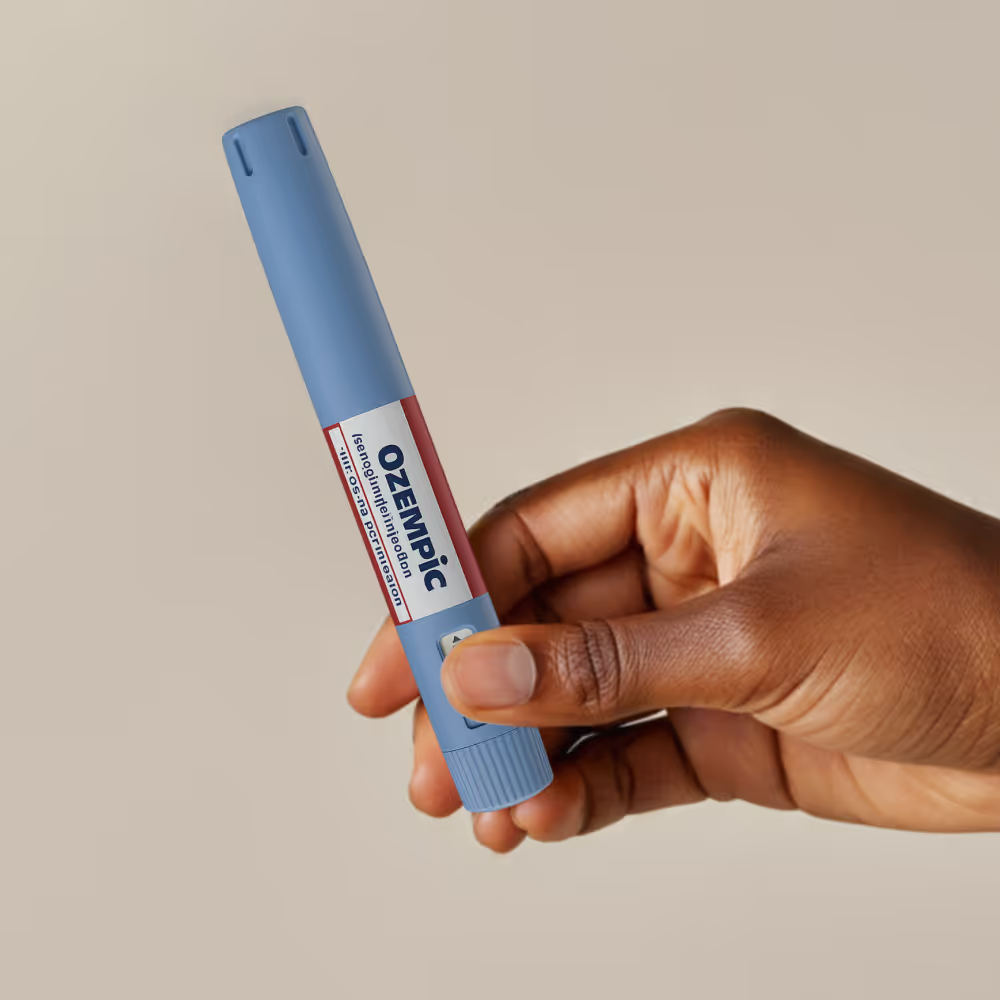



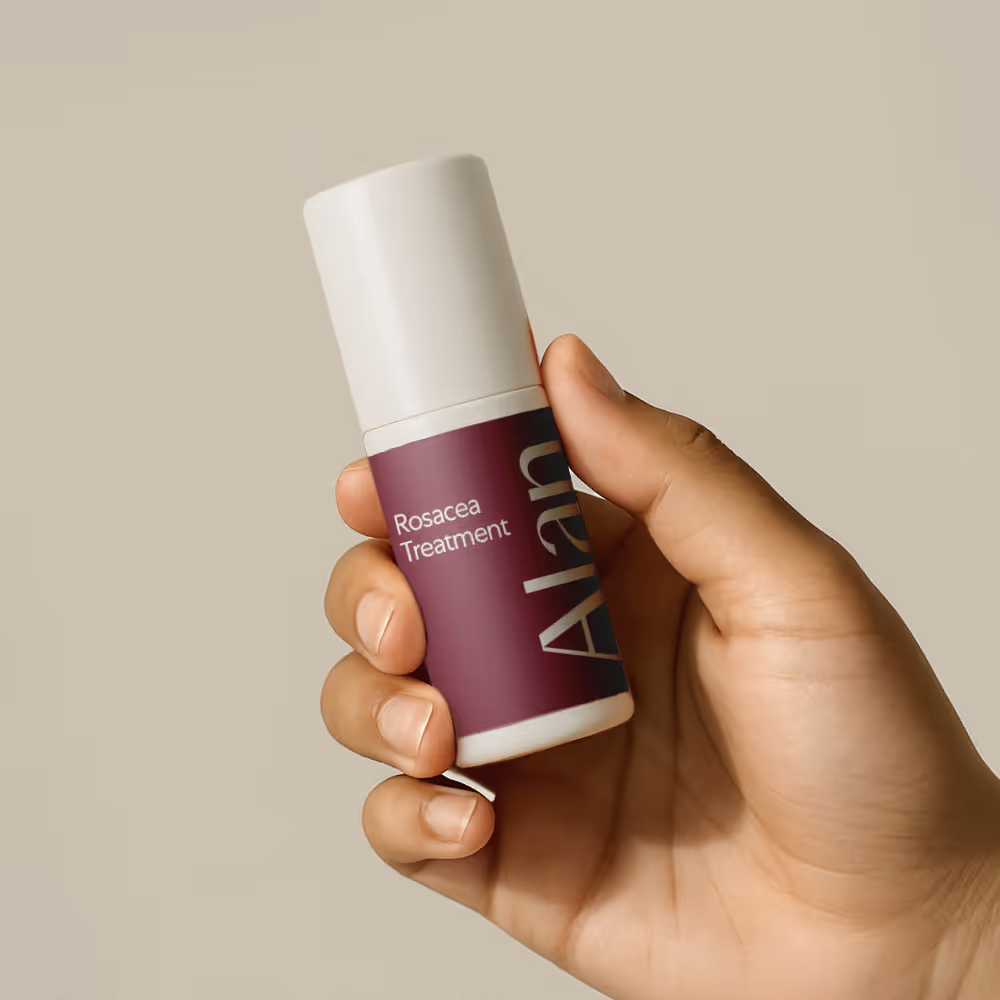

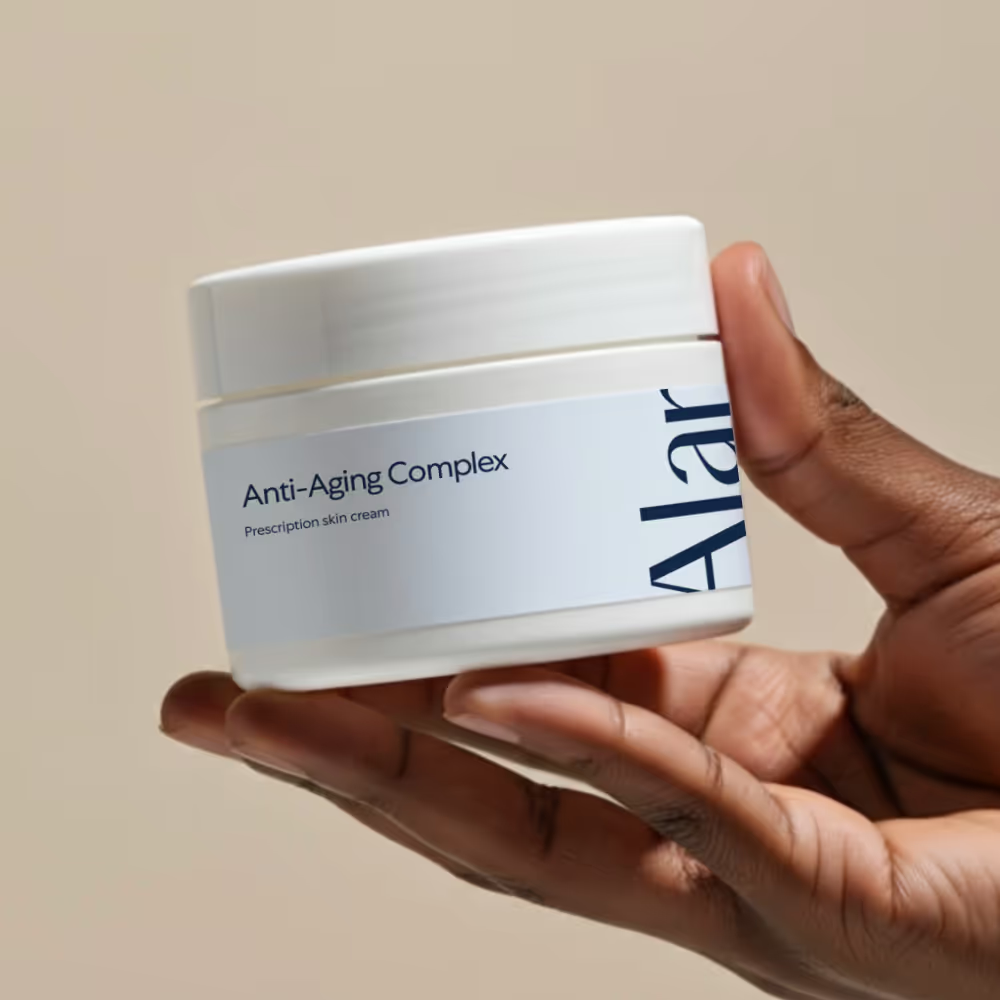

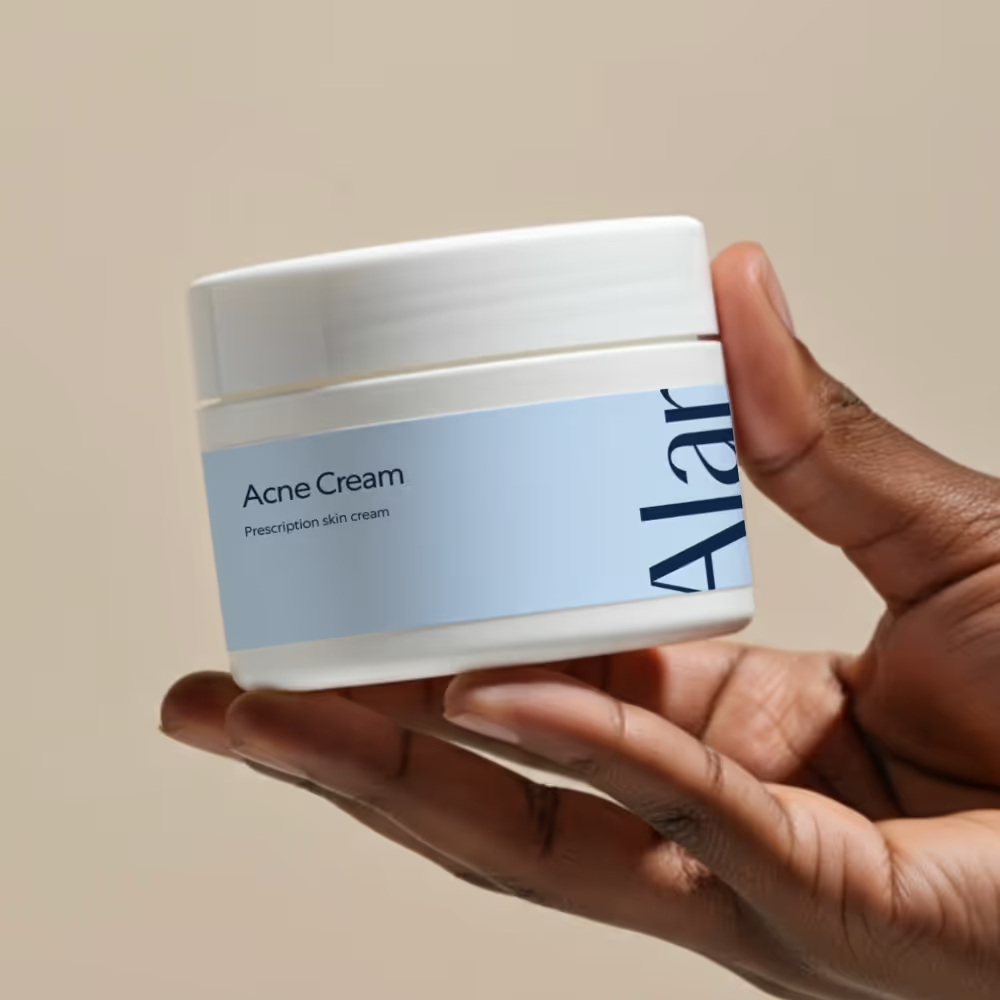



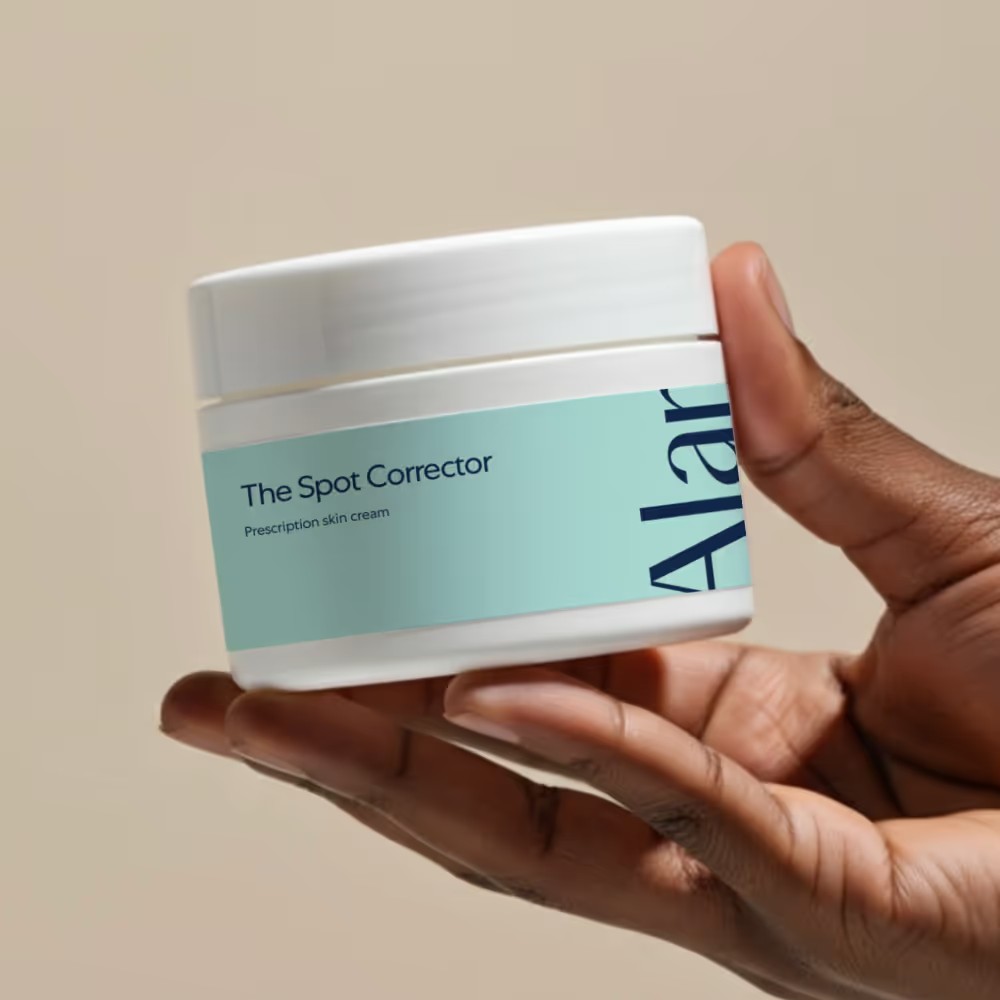



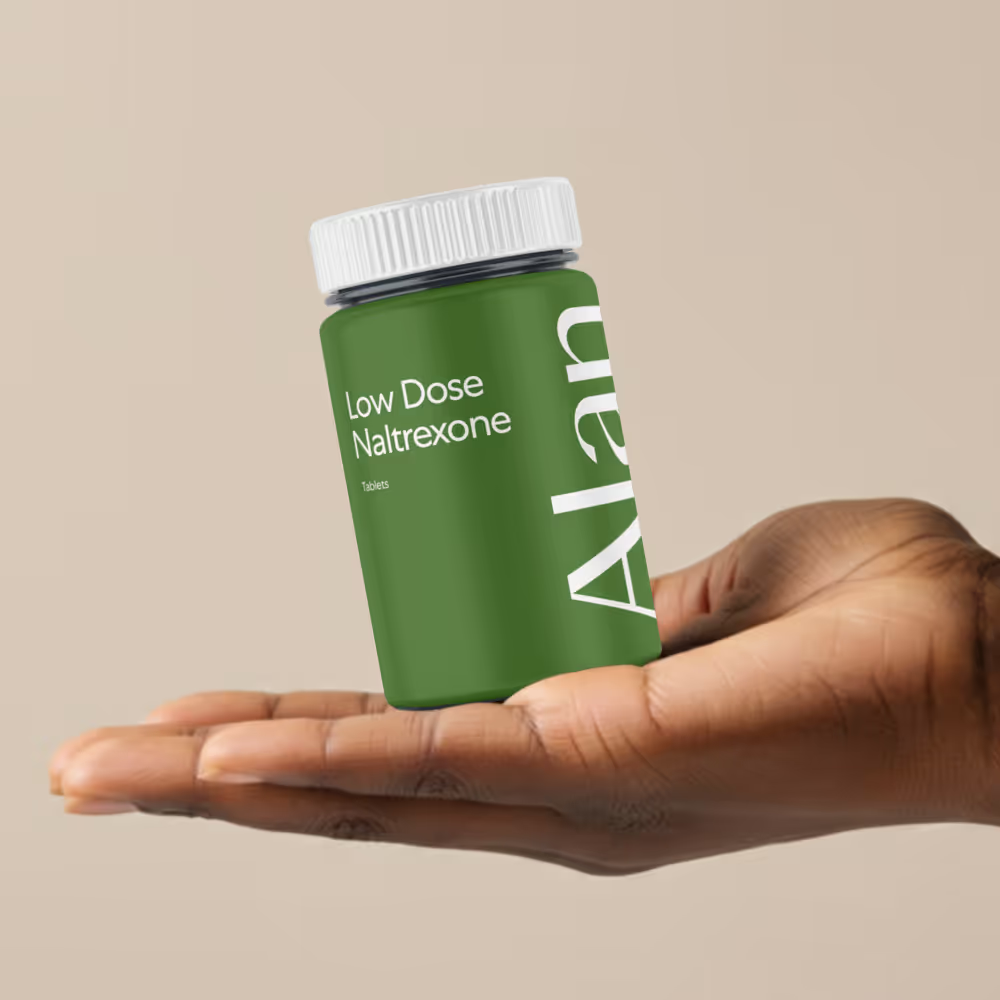






.avif)
.avif)
.avif)






